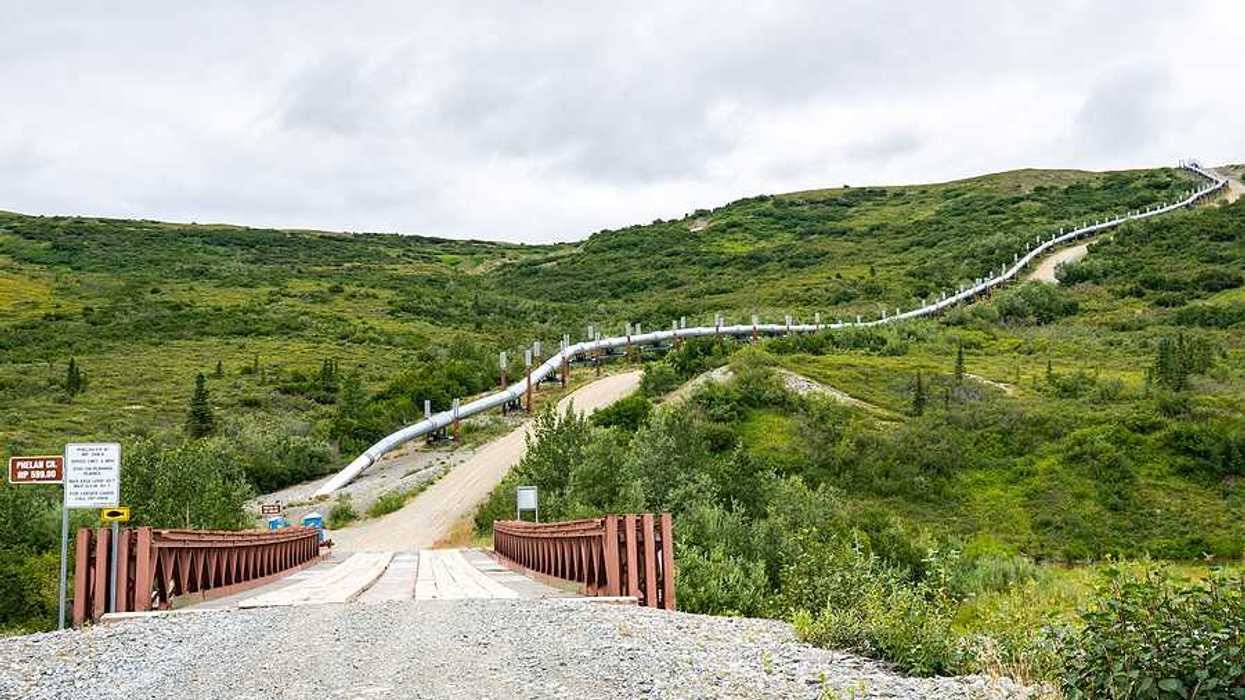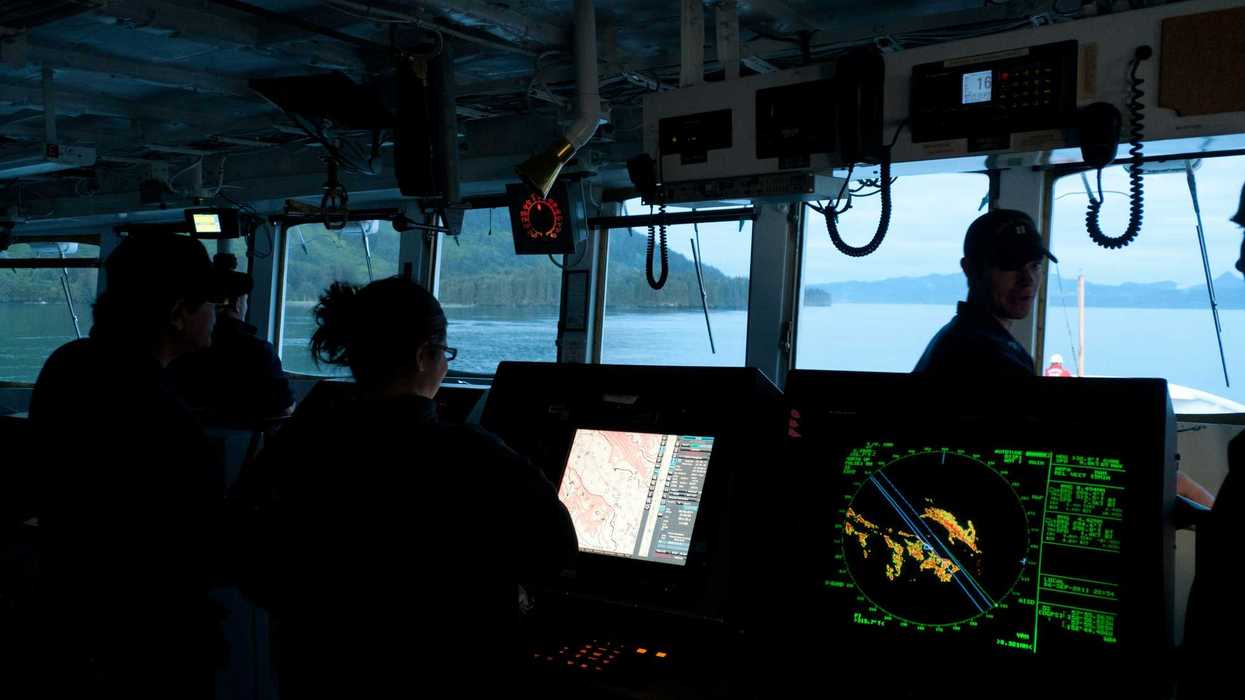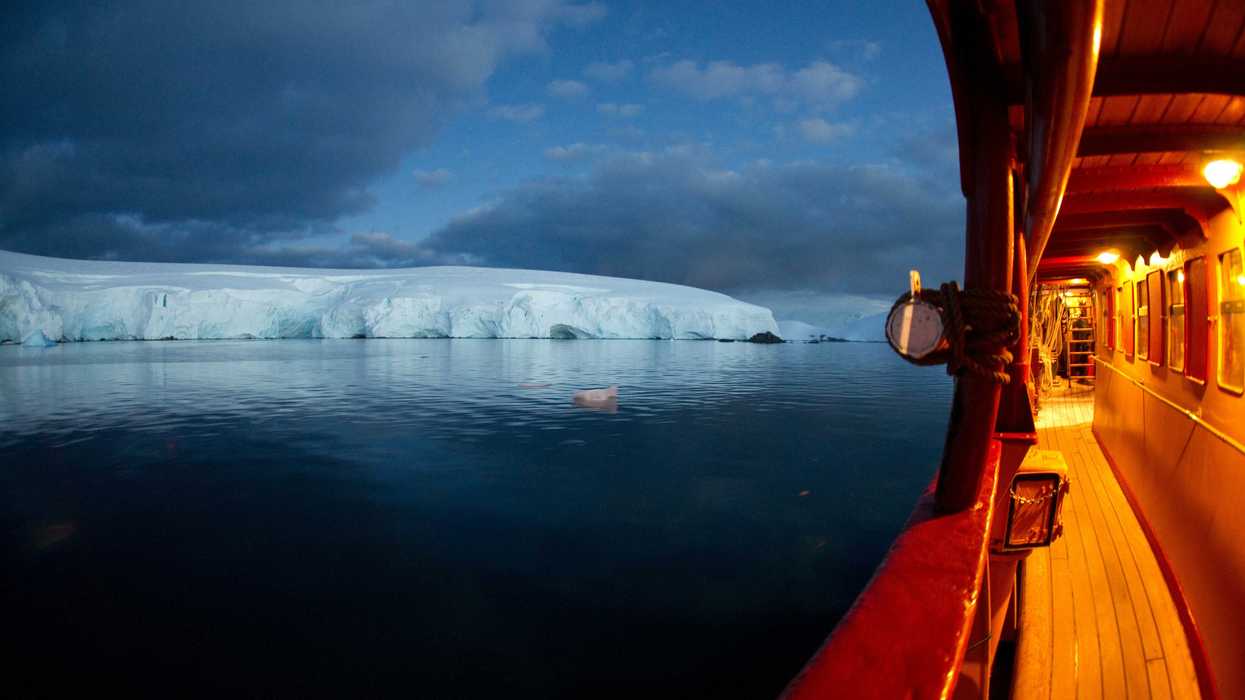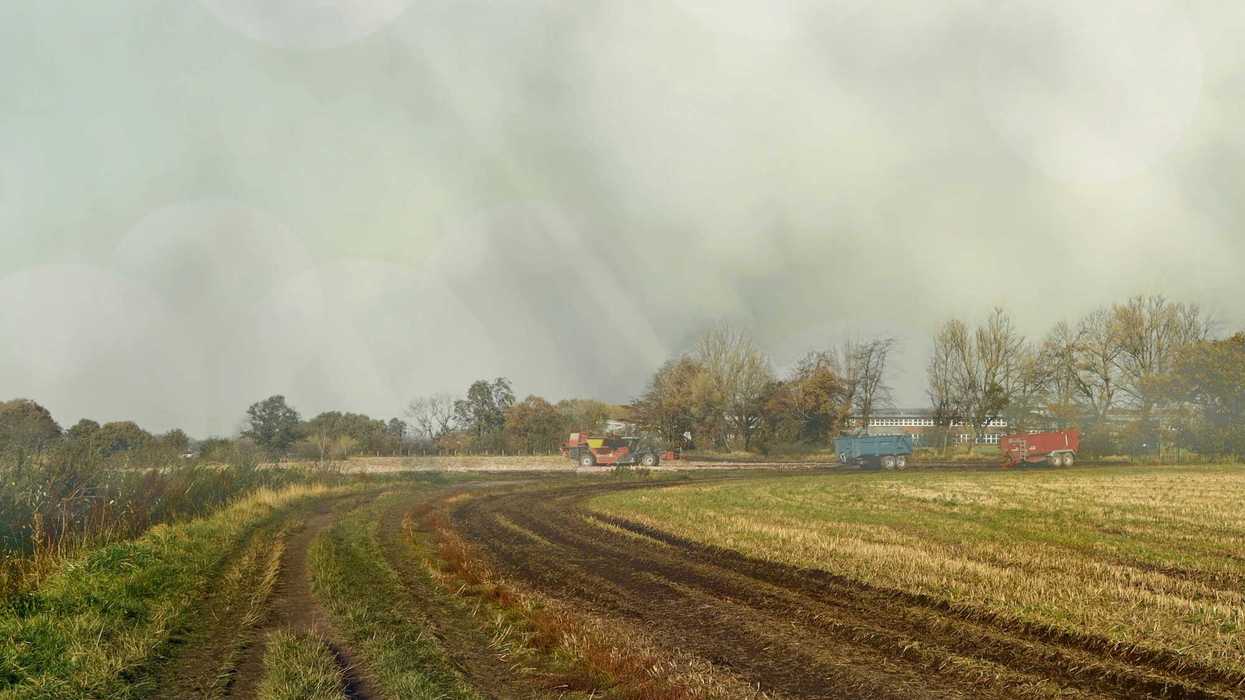The loss of species abundance poses a serious threat to biodiversity and ecosystem functionality.
John Reid reports for The Atlantic.
In short:
- Abalone populations have collapsed due to overfishing and environmental changes, including a marine heatwave and a sunflower sea star epidemic.
- The concerning issue is not species extinction but the collapse of wildlife populations, disrupting ecosystems.
- The decline of species like abalone signifies a broader biodiversity crisis driven by human activities such as pollution and habitat destruction.
Key quote:
"The more we slow climate change, the more evolutionary storylines can reach into the future. In other words, climate policy is biodiversity policy."
— John Reid, founder, Conservation Strategy Fund.
Why this matters:
The decline in species abundance affects ecosystem stability and human cultural heritage. Addressing this crisis requires comprehensive conservation strategies that go beyond preventing extinction to ensure the health and abundance of wildlife populations. Read more: The planet’s largest ecosystems could collapse faster than we thought.














